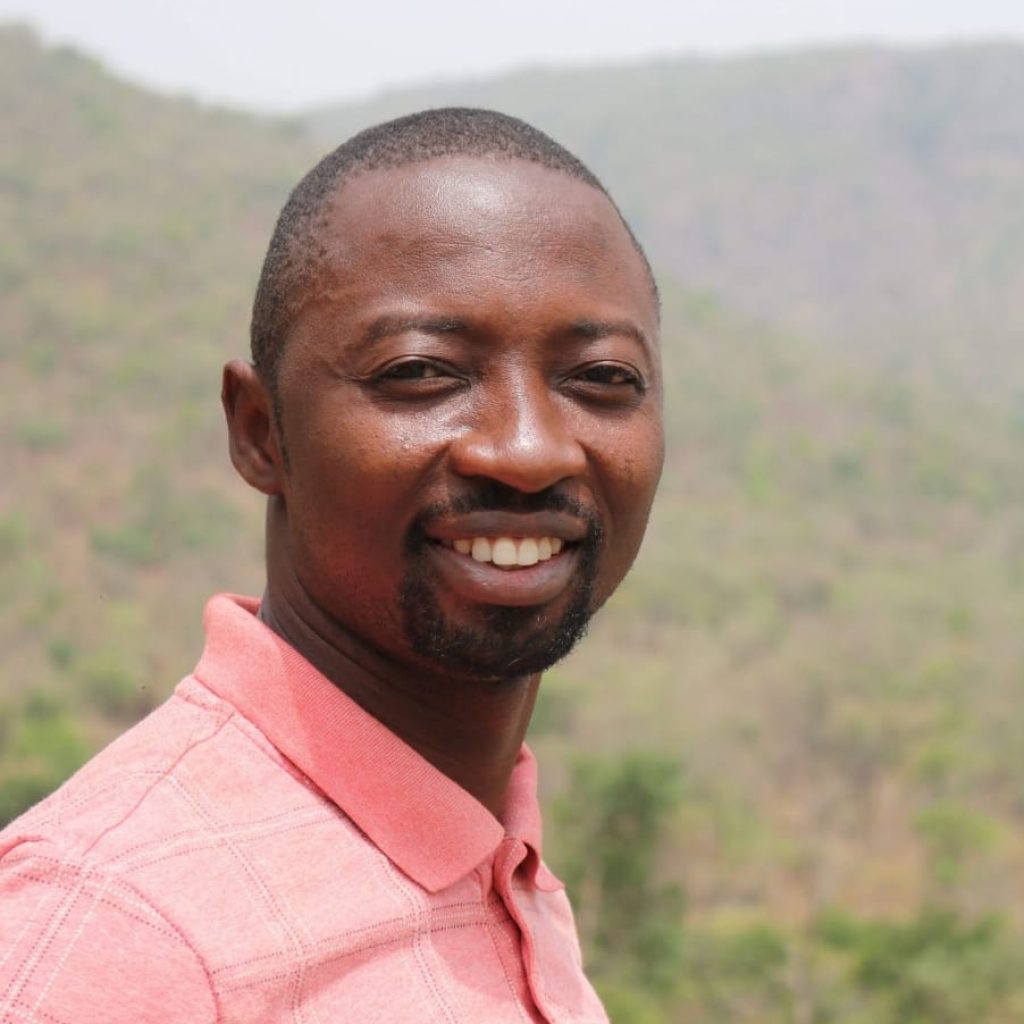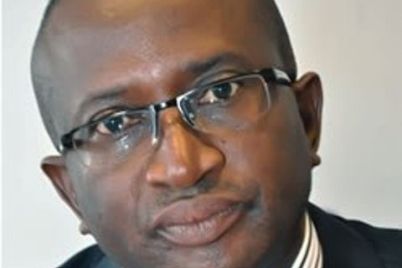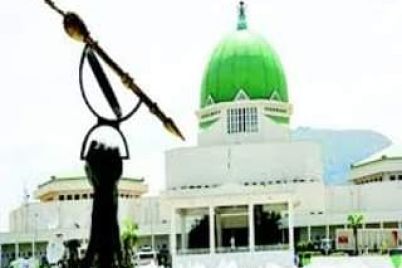
By Bethel Moseglad
Federal University Wukari (FUW), Taraba State — The unveiling of the floral arc at the Vice Chancellor’s office on June 5, 2025, was more than a one-day celebration. It was a milestone marking the birth of a bold vision by NatureConnects Tourism Club FUW—a vision that thrives at the intersection of leadership, sustainability, and cultural pride. But, as with all growing movements, this vision needs more than applause; it needs resources, membership, and active partnership to flourish.
From Seedling to Sapling: The Journey So Far
Since its founding on July 31, 2024, NatureConnects Tourism Club FUW has rapidly emerged as a beacon of eco-tourism activism within Nigerian academia. The club’s initiatives—from the Keep Campus Clean Campaigns to eco-excursions, conferences, and now the landmark floral arc—have captured the imagination of students, staff, and the wider FUW community.
“We are proud of what we have achieved, but this is just the beginning,” says Bethel Moseglad, Group Managing Director and visionary behind many of the club’s projects. “Leadership, especially in environmental stewardship, requires sustained effort and community support.”
Why Support Matters: Challenges and Opportunities
The beauty and symbolic power of the floral arc mask a pressing reality: maintaining living installations and expanding eco-tourism projects require consistent funding, skilled manpower, and growing membership.
Financial Resources: The floral arc and other eco-projects involve costs—purchasing native plants, baskets, soil, watering systems, and maintenance tools.
Human Capital: Expertise in horticulture, tourism management, event planning, and communication is essential to run and sustain the club’s expanding activities.
Membership Growth: A larger, engaged membership base would amplify the club’s voice and impact, helping recruit volunteers and advocates.
“Our challenge is not vision but resources,” adds Professor Isaac J. Umaru, Chief Adviser of the club. “To sustain and replicate these initiatives, we must mobilize support from both within and beyond FUW.”
Current and Upcoming Projects in Need of Support
The club is already planning its next phases, with several projects that promise to further enrich the university’s eco-tourism identity:
The National Flower Park Concept: Inspired by the floral arc, this ambitious project aims to establish a permanent flower park within the FUW campus, serving as a hub for education, tourism, and cultural events.
Expansion of Floral Arcs: Proposals are underway to install similar floral arcs at other key university points — the College of Health Sciences, student hostels, and the main gates.
Sustainability Workshops and Eco-Tourism Conferences: These programs seek to educate and inspire more students and staff to participate actively.
NatureNest Model: A larger eco-tourism space under development on university land, meant to showcase sustainable living and local culture.
All these require funding, volunteer expertise, and increased membership engagement to succeed.
How You Can Help: Calls to Action
NatureConnects Tourism Club FUW is extending a heartfelt invitation to:
Students and Staff: Join the club to be part of eco-tourism leadership, gain skills, and contribute to transforming FUW’s environment.
Alumni and Community Partners: Support through donations, mentorship, or collaborative projects.
Government and NGOs: Partner in funding, policy support, and technical expertise for long-term sustainability.
Corporate Organizations: Collaborate through sponsorships, corporate social responsibility initiatives, or material donations.
“Our vision thrives when we work together,” says Deborah Gembu, Membership Coordinator. “Each new member, each donation, each partnership multiplies our impact.”
The Role of Leadership: Commitment for Continuity
The Vice Chancellor and top university officials have pledged ongoing support, but NatureConnects stresses that leadership must be shared.
“True leadership in sustainability is participatory,” said the Vice Chancellor during the unveiling. “I call on all FUW stakeholders to join hands with NatureConnects to make FUW a model green university.”
Club leaders echo this sentiment, emphasizing the need for long-term commitment over one-off projects.
Success Stories: Testimonials from the Frontline
Theophilus Daniel Tsammani, park manager at the Prof. Yakubu Ojochenemi Ejeh Flower Park, praises the club’s work:
“NatureConnects is not just about planting flowers. It’s about planting ideas, community spirit, and pride in our heritage.”
Ahmad Tanko Yunus, project coordinator of the floral arc, highlights the impact on students:
“Our projects have taught many to appreciate Nigeria’s biodiversity and cultural richness, making eco-tourism a practical and exciting career path.”
Looking Ahead: Building a Green Legacy at FUW
The floral arc is the seed from which a forest of opportunity can grow. But it requires watering with active support.
NatureConnects Tourism Club FUW invites all who believe in a greener, more sustainable Nigeria to join in growing this movement. Whether through membership, funding, partnership, or volunteering, every contribution strengthens the roots of this green vision.
As Bethel Moseglad affirms:
“Sustainability is not a solo journey—it is a shared responsibility. Together, we can make FUW a landmark of eco-tourism and cultural identity in Nigeria.”


